In the UK, the cost of veterinary care is rising steeply, and the consequences are far more than financial. Beneath the surface of record-high bills and insurance premiums lies a silent animal welfare crisis: delayed treatment, missed diagnoses, and euthanasia chosen not because of clinical need, but because of cost.
Veterinary fees have increased by more than 50% over the last decade. Pet insurance, once a safeguard, has become both a symptom and a cause of price inflation. Most strikingly, the profession itself is undergoing a radical transformation. Once the domain of independent local practices, veterinary care is now increasingly shaped by corporate ownership and private equity interests. The result is a system in which care is commodified, and financial targets risk taking precedence over animal welfare.
Fewer than 10% of veterinary practices in the UK were owned by corporations in 2013. Today, that figure stands at over 60%. Companies such as IVC Evidensia, CVS Group, and Medivet—many backed by private equity—have acquired hundreds of practices. In many cases, they retain the original branding, giving pet owners the illusion of continuity, while centralising control over pricing, referrals, and treatment protocols.
This shift has not gone unnoticed. In 2024, the Competition and Markets Authority (CMA) launched a formal investigation into the veterinary sector. Early findings highlighted concerns around limited consumer choice, opaque pricing, and potential conflicts of interest in treatment recommendations. In its preliminary review, the CMA noted that some pet owners may be charged up to three times more for similar procedures, depending on where and when treatment is accessed—often without any clear justification. More alarmingly, the report acknowledged the growing risk that life-or-death decisions are being made based not on clinical guidance, but on affordability.
Alongside pricing concerns, the issue of clinical autonomy is drawing scrutiny. Corporate-owned practices commonly set performance targets for staff—financial goals, revenue benchmarks, referral quotas. While not inherently unethical, these pressures can distort decision-making. Some vets report feeling compelled to recommend additional diagnostics or procedures to meet internal targets, regardless of clinical necessity. Others speak candidly of burnout, moral injury, and a deepening disillusionment with their professional values.
Pet insurance occupies a paradoxical place within this system. For some, it offers access to care. But as more treatments are covered, prices have risen in tandem, and insurers have increased premiums to keep up. This has created a self-reinforcing loop: insurance enables higher fees; those fees make insurance essential; premiums escalate; and those without coverage are gradually excluded. In some cases, veterinary chains and insurance firms operate under the same corporate umbrella, quietly transferring costs between subsidiaries while animals and their guardians absorb the financial burden.
The consequences for animal welfare are grave. Vets are reporting increasing numbers of patients presenting late with conditions that could have been treated earlier—dental disease, tumours, infected wounds, chronic pain, arthritis—left unmanaged because the initial phone call to the practice sparks concern over affordability. Behavioural issues go untreated when their underlying medical causes are never explored. In some cases, animals are euthanised not due to lack of available treatment, but because the cost is insurmountable.
This is not a marginal concern. A recent survey found that four in ten pet owners have delayed or avoided seeking veterinary care because of cost. One in five said they would not be able to afford an emergency vet bill. This, in a country where more than half of households include at least one pet.
The CMA has proposed a number of reforms, including compulsory price transparency, clearer separation between clinical referrals and financial incentives, and regulatory action to curb anti-competitive practices. Both the British Veterinary Association and the Royal College of Veterinary Surgeons have welcomed the inquiry, while cautioning that any changes must preserve clinical independence and keep patient welfare at the core of practice.
Because this is not just about money. It is about the ethics of a system that treats care as a commodity and animals as revenue streams. Veterinary medicine, at its heart, is a welfare profession. But in a model that prioritises profit over compassion, that foundational purpose is eroded.
The consequences are borne, silently, by those who cannot speak for themselves. When treatment is delayed, when pain goes unmanaged, when euthanasia is chosen, or worse, where it isn't because the cost is too high—animals suffer. And so do the people who love them, forced to navigate a system that increasingly resembles a business, not a care profession.
The veterinary industry must come to terms with this reality. So must regulators, insurers, and the corporations now dominating the field. If we care about animal welfare, then care must be restored to the centre of the system—not as a tagline, but as a fundamental principle. Because the question is not just who owns the vet. It’s who the vet ultimately serves.
Our articles are free because we want as many people as possible to think about animal welfare. You can support our mission to provide sanctuary to more animals and tell more of their stories by visiting our store, sending a gift or sharing our articles on social media
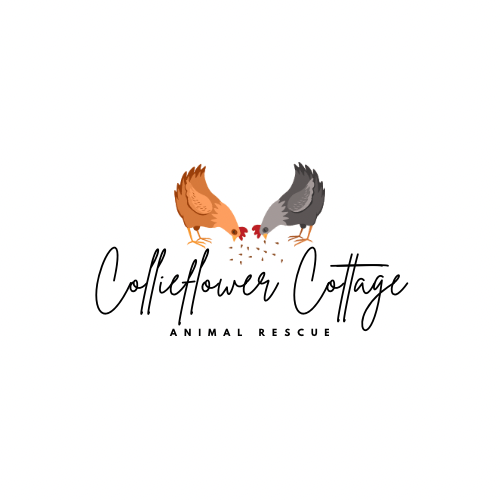


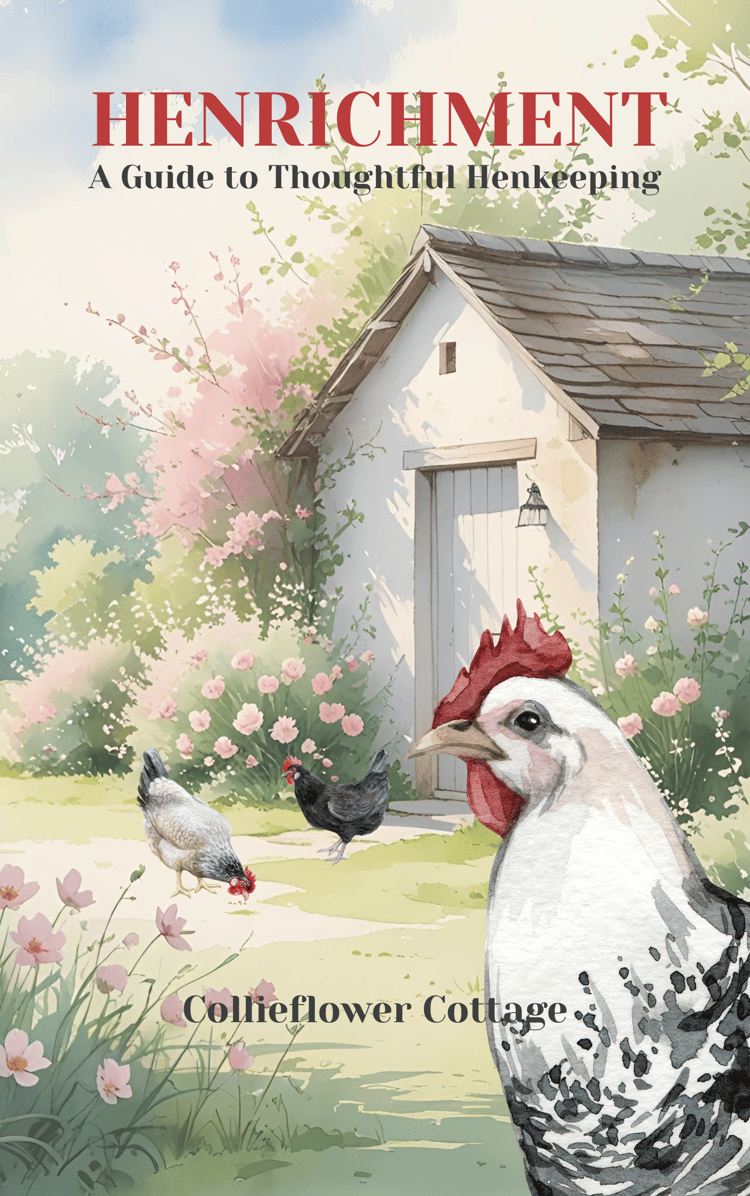
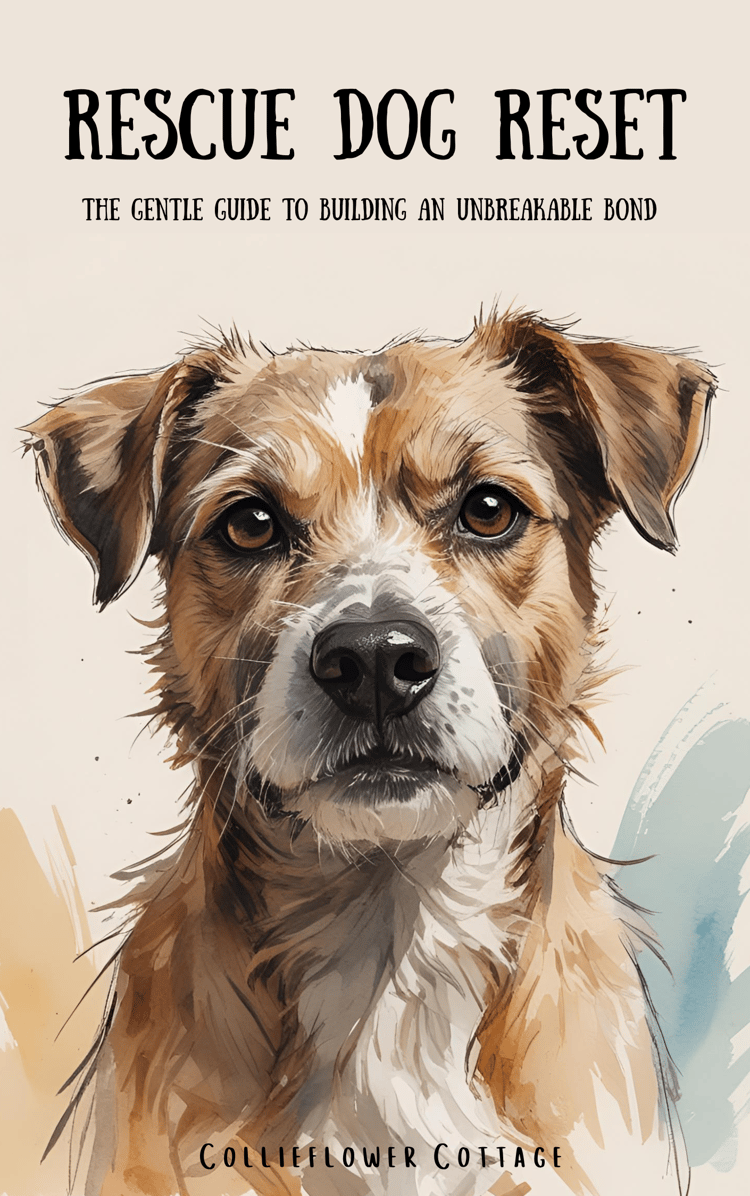
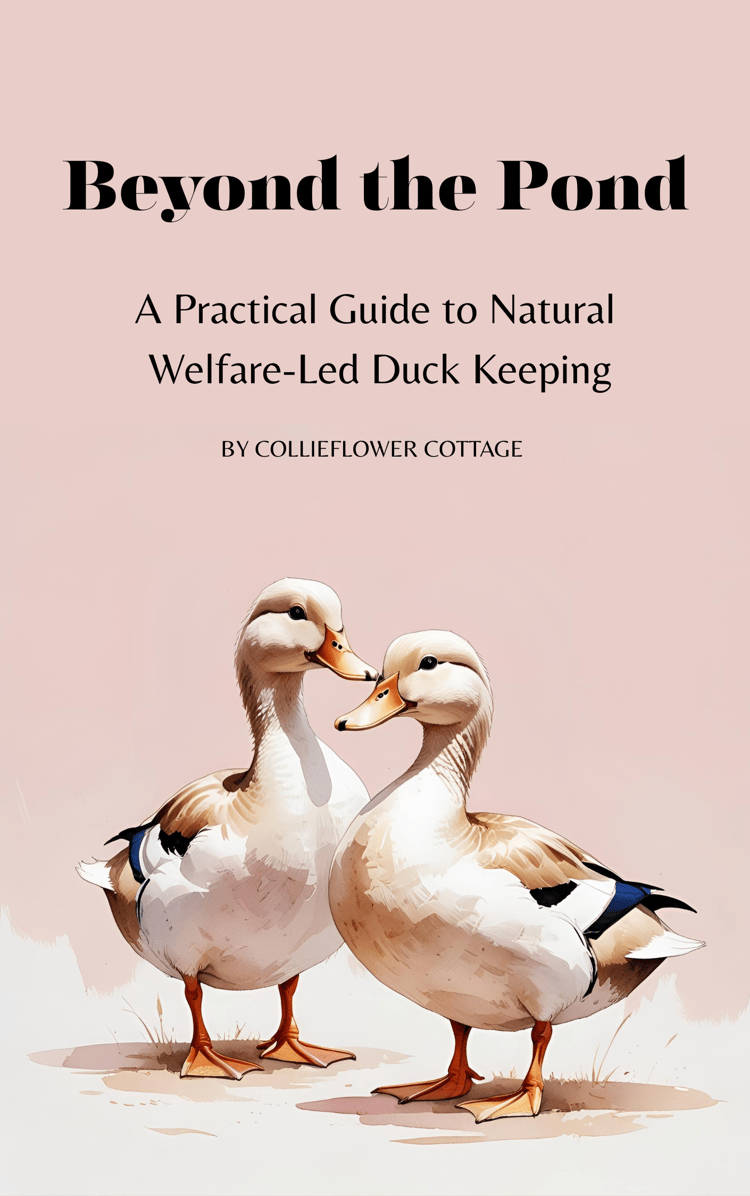
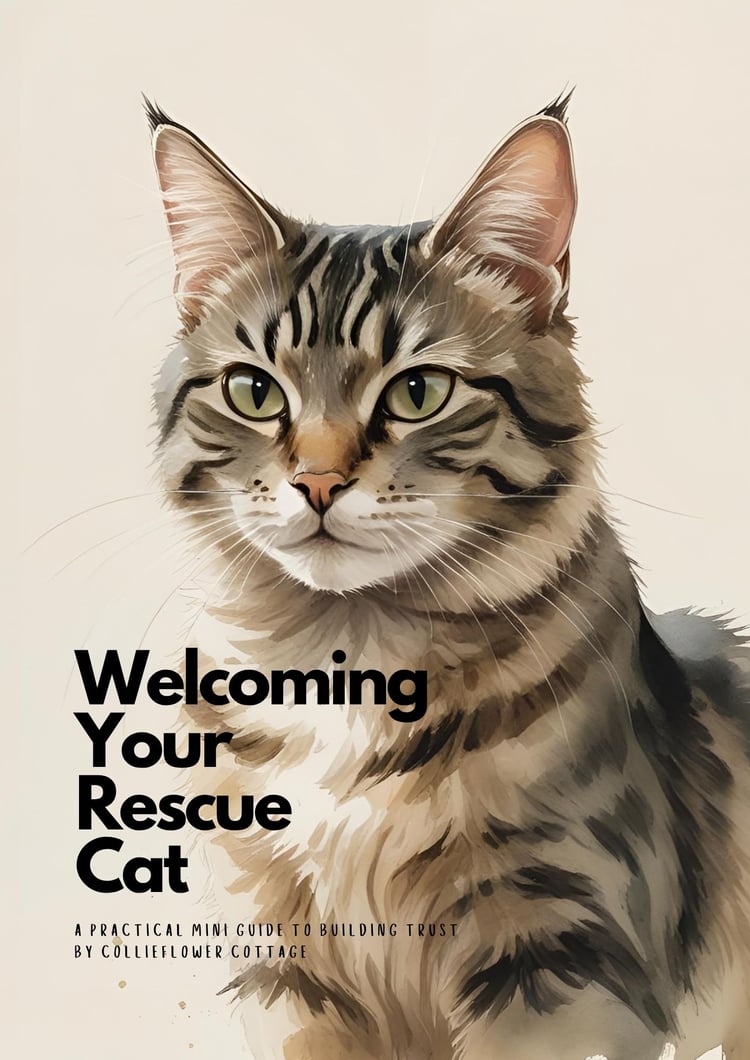
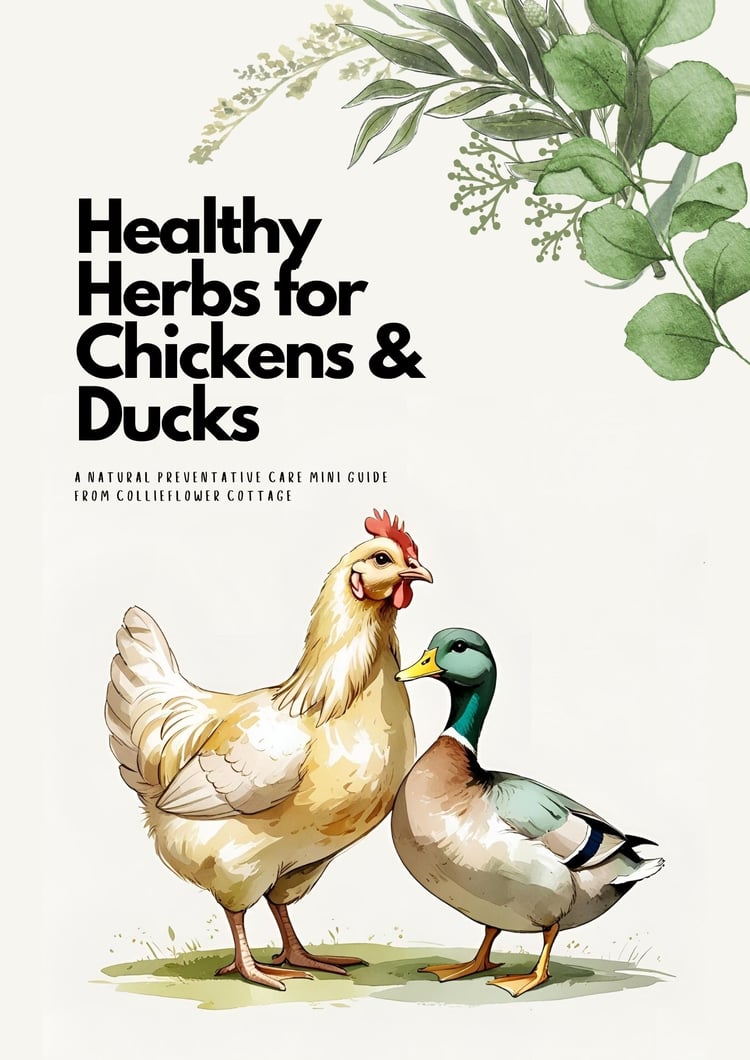

Comments ()